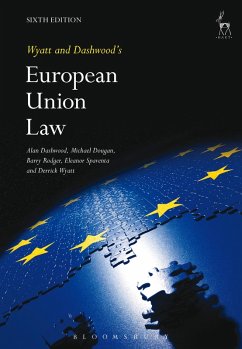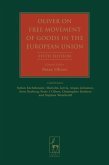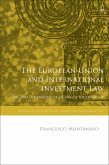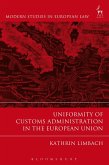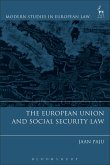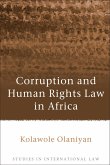First published 30 years ago, Wyatt and Dashwood's European Union Law was a landmark publication, designed and written for students taking degree level courses in EU law. In the intervening years new editions have appeared at regular intervals, firmly establishing the book as a reliable and authoritative text. Besides introducing generations of students to the intricacies of European law it has also been increasingly relied upon by scholars, practitioners and the courts as a valuable source of reference on this complex and ever-expanding body of law.
While the book cannot cover every aspect of the subject matter, it nevertheless offers comprehensive coverage of those aspects of EU law most commonly studied at degree level. Part I introduces the history and foundations of the Union's primary law. Part II looks at the Union's institutions, decision-making procedures and competences. It also deals with the Union judiciary, focusing on direct actions before the Union courts and preliminary references from national courts. The constitutional fundamentals of direct effect and supremacy, effective judicial protection before national courts, general principles of Union law and the Charter of Fundamental Rights are dealt with in Part III. Part IV covers the internal market: free movement of goods, Union citizenship, workers, establishment and services, the services directive, mutual recognition of qualifications, corporate establishment and company law harmonisation. Part V deals with competition law: Articles 101 and 102 TFEU, the enforcement of Union competition rules and other related competition law issues. Part VI then includes a brand new chapter concerned with the EU's external relations, together with treatment of the legal effects of international agreements entered into by the EU.
As with previous editions the aim is to provide an accurate, critical, pragmatic and original account of the subject, at times also offering unique insiders' insights. The book holds to its reputation as being both broad and profound, the ideal foundation for gaining a deep understanding of EU law.
This edition reflects the law post-Lisbon. It has also been re-structured and re-designed, so as to facilitate ease-of-use. Its original authors, Derrick Wyatt and Alan Dashwood, continue to make a significant contribution. Michael Dougan, Eleanor Spaventa and Barry Rodger complete the team of authors working on this invaluable textbook and reference work.
The 6th edition has already been cited in the Northern Ireland High Court by The Honourable Mr. Justice Bernard McCloskey [2011] NIQB 61.
While the book cannot cover every aspect of the subject matter, it nevertheless offers comprehensive coverage of those aspects of EU law most commonly studied at degree level. Part I introduces the history and foundations of the Union's primary law. Part II looks at the Union's institutions, decision-making procedures and competences. It also deals with the Union judiciary, focusing on direct actions before the Union courts and preliminary references from national courts. The constitutional fundamentals of direct effect and supremacy, effective judicial protection before national courts, general principles of Union law and the Charter of Fundamental Rights are dealt with in Part III. Part IV covers the internal market: free movement of goods, Union citizenship, workers, establishment and services, the services directive, mutual recognition of qualifications, corporate establishment and company law harmonisation. Part V deals with competition law: Articles 101 and 102 TFEU, the enforcement of Union competition rules and other related competition law issues. Part VI then includes a brand new chapter concerned with the EU's external relations, together with treatment of the legal effects of international agreements entered into by the EU.
As with previous editions the aim is to provide an accurate, critical, pragmatic and original account of the subject, at times also offering unique insiders' insights. The book holds to its reputation as being both broad and profound, the ideal foundation for gaining a deep understanding of EU law.
This edition reflects the law post-Lisbon. It has also been re-structured and re-designed, so as to facilitate ease-of-use. Its original authors, Derrick Wyatt and Alan Dashwood, continue to make a significant contribution. Michael Dougan, Eleanor Spaventa and Barry Rodger complete the team of authors working on this invaluable textbook and reference work.
The 6th edition has already been cited in the Northern Ireland High Court by The Honourable Mr. Justice Bernard McCloskey [2011] NIQB 61.

